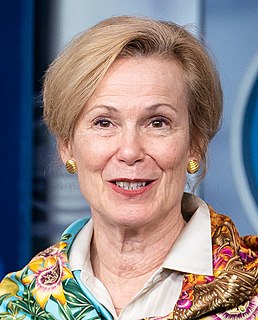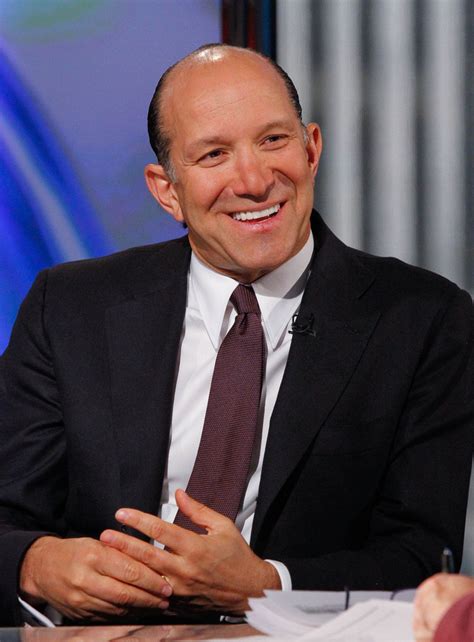A Quote by Austan Goolsbee
I was always a data guy, not a theorist. Theorists can maintain total purity. The data are always messy.
Related Quotes
One of the myths about the Internet of Things is that companies have all the data they need, but their real challenge is making sense of it. In reality, the cost of collecting some kinds of data remains too high, the quality of the data isn't always good enough, and it remains difficult to integrate multiple data sources.
Any time scientists disagree, it's because we have insufficient data. Then we can agree on what kind of data to get; we get the data; and the data solves the problem. Either I'm right, or you're right, or we're both wrong. And we move on. That kind of conflict resolution does not exist in politics or religion.
































